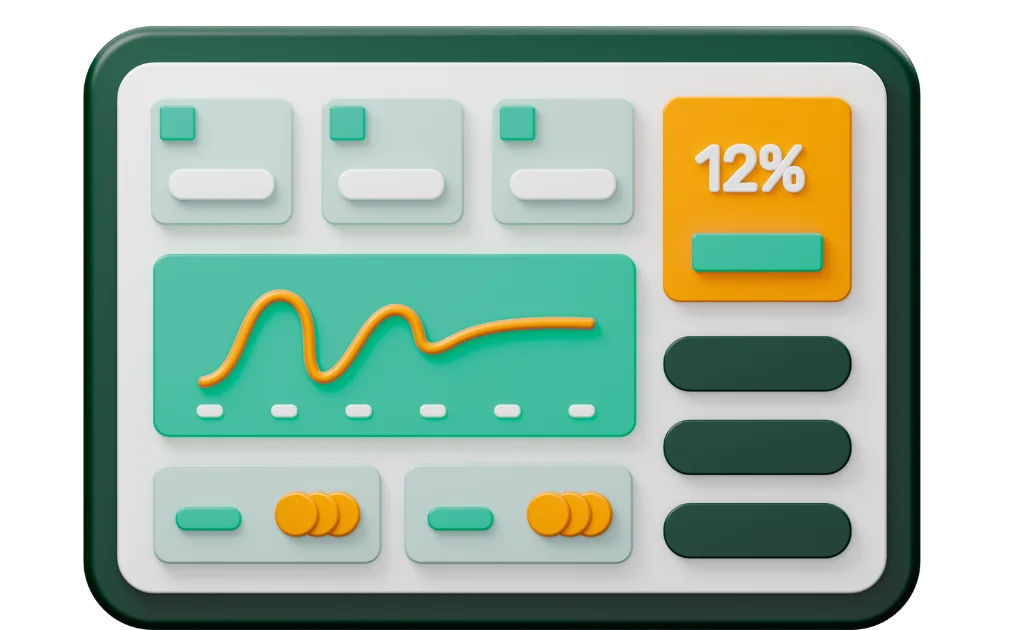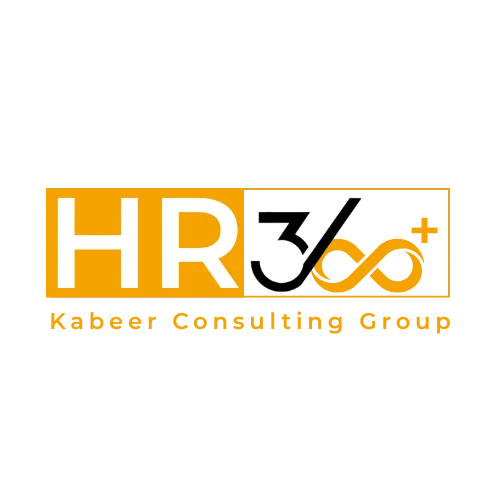Overview of ESS Employee Performance Management
Performance reviews are no longer a once-a-year exercise. Modern organizations need continuous, transparent, and data-driven performance tracking. The Employee Performance Management Module in HR360+ Employee Self Service (ESS) empowers employees to actively participate in their own growth while giving managers the tools to evaluate fairly and effectively.
This self-service module enhances engagement, accountability, and productivity by allowing both employees and managers to collaborate in the performance evaluation process.


What is the ESS Employee Performance Management Module?
The Employee Performance Management Module in HR360+ ESS enables employees to set and submit their Key Result Areas (KRAs), while managers can review, rate, and provide feedback. This structured process ensures transparency in evaluation and creates a roadmap for professional development.
Employees gain ownership of their performance, while managers ensure alignment with organizational goals.
Key Features of ESS Employee Performance Management

